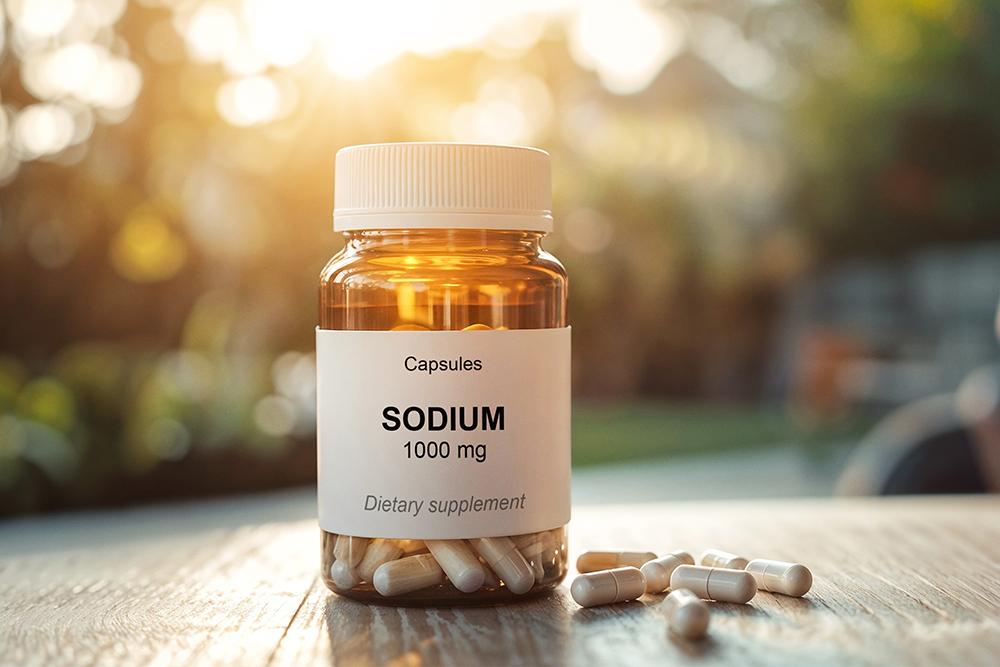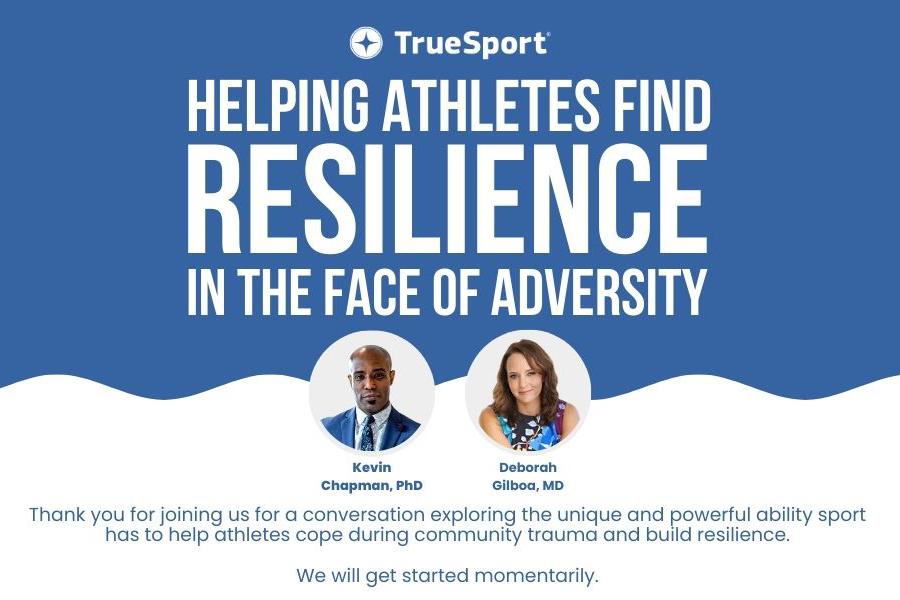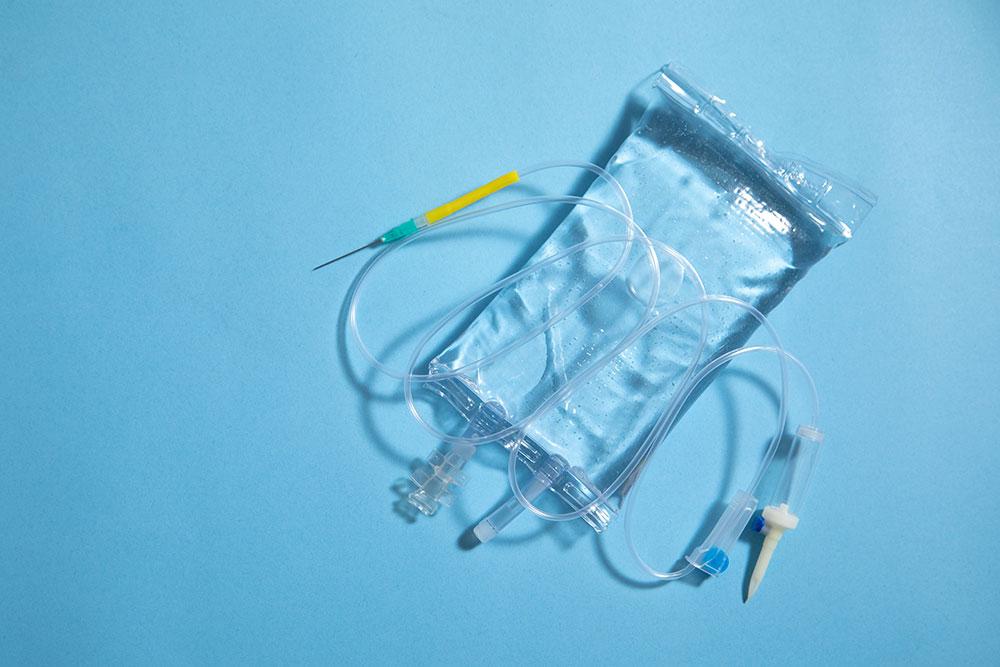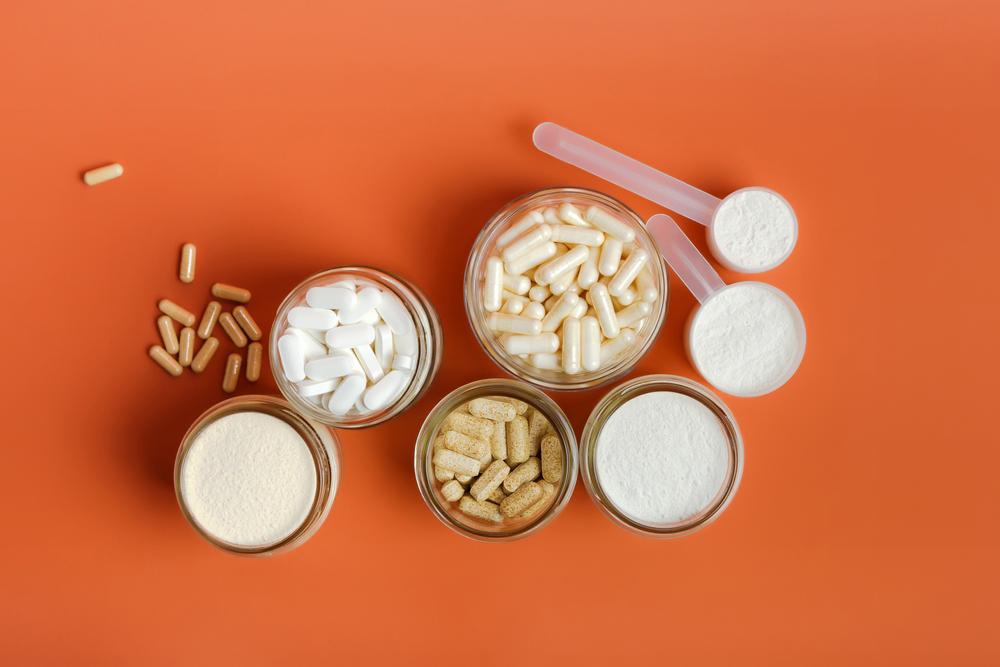My daughter, Abby, found weightlifting when she was 11 years old. She just finished up being a competitive gymnast. As a parent, watching your child be so passionate about a sport they’re involved with, it really took on a whole life of its own. She was a very driven young lady, and she sets very high goals for herself. She has extremely high expectations. We try to be as supportive as we can, but also, try to guide her in the right way. Anti-doping became a part of our journey, involved family discussions about these things. And they all started back when Abby was 13, and she was invited for a training camp at OTC. Abby had lots of questions and ask, and why do they take this? Should I take this? What are the benefits? Is it dangerous? We had many conversations about that. We also asked lots of questions of people.
In December of 2017, we had a family friend of ours who’s been in the fitness business his entire life, and is also a big follower and supporter of Abby. He was in town, and he invited us over. So, we went and met with him. He had just opened up his own nutritional company, and he asked Abby if she would like to be an ambassador and represent his company. And that was a pretty neat thing for Abby. It was the first time someone had ever really reached out to her to be a sponsor type of thing, and his reasoning for developing the product were to stay away from all those fillers and the experiences that he’s had throughout his life with poor products. He wanted to make an all-natural product that was plant-based. So, the three of us sat at a kitchen table, and we looked up all of his ingredients. He assured us that there are no fillers and no additives, and this would be a great thing for her to use.
Abby had taken two of the products for three weeks. And then, all of a sudden, we got a knock on our door from USADA for Abby’s first time being drug tested. When USADA came on February 15th, that was the first time Abby was given a drug test. It was an exciting time for us because in both Abby’s mind and the family’s mind, this meant that Abby was a big deal. Other than Abby was very anxious about peeing in a cup. But there were no worries, no fear, no anything other than we went through the process. The people who came, the two people that came were very nice and explained everything. And Abby went upstairs in the bathroom, and she did her thing. And then, they left, and all was good. And Abby was really excited.
About three weeks later, we were at a competition in Ohio. Abby did very well. She broke multiple American records. I believe she was going to get the best lifter award for her age division. And about an hour before the award ceremony, I got a phone call. And a prosecuting attorney from USADA calling me and explained that my daughter was guilty of taking a drug called ostarine. We went and got her, and we told Abby. She was devastated. And as a parent, who’s number one, very familiar with sports, and number two, very supportive of his daughter, anything she put in her mouth, I bought. I said, “Okay.” There was a lot of guilt and a lot of confusion. And how did I steer her the wrong way?
There were only two supplement products that Abby was taking. One was a pre-workout, and one was a protein powder. I reached out to the owner of the company who I knew personally and explained what had happened. And I explained that I was going to need to send them in for testing. Once we got the test results back, it was found that in the pre-workout, it was contaminated with ostarine. He still was in very much denial and confused. And after some time, he realized that where he had the products manufactured, there were many products that were manufactured, and it was obvious that their machinery or whatnot wasn’t cleaned the right way or something. But somehow, some way, through the manufacturing process, those products were contaminated.
After those results were found, she was given a three-month suspension. Felt very fortunate about that and thankful, but it wasn’t over. We took her to the doctor and we had blood tests run. And it was explained to me that the urine sample detected 10 trillionth of a gram. I don’t know how small 10 trillionths of a gram is. I know it’s very little. Okay. As a parent, that made me feel good that my daughter is safe and that this isn’t going to have any adverse effect long-term. Abby, though, emotionally needed help. At 14 years old, it was very hard to wrap her mind around all this, so we had to get her counseling, and she had to work through these things. Even today, a year and a half later, after every competition, Abby posts something on social media, there’s someone out there that reaches out, and has a negative comment about her getting caught for doping. And she’ll live with that for the rest of her life.
Abby’s continuing to work on being resilient. It’s a process, and it’s hard. Sometimes, in my head, I shake my head. I can’t believe she’s still doing this. Would be so much easier to do something different. And many times, when she sees herself as doing really well, all of a sudden, she gets knocked down by someone else out there, bringing it back a year and a half ago. But she’s continuing to put one foot in front of the other, she’s got big goals, and she’s going to keep doing everything she can to reach those.
As a parent, you watch your child grow and you know that there is going to be lots of dips and valleys in the road. And it’s okay for them to fall down. You have to do your homework, and you can look into it as much as you want. And you can talk to as many people as you want. You can talk to coaches and high-level athletes, and there’s still a risk. And you have to know that, and you have to accept that. We have learned a lot. I think it’s all for the better this happened. And Dad has to face it. Abby has to face it. We need to learn, we need to educate ourselves. We need to continue to ask questions, and we need to continue to move forward. If I have a goal for her, is that my hope is that through all of these dips in the road, I hope that she becomes as strong on the inside as she is on the outside.



